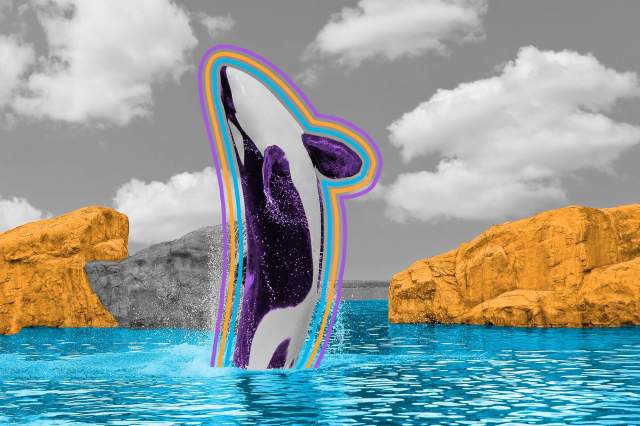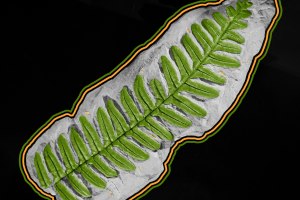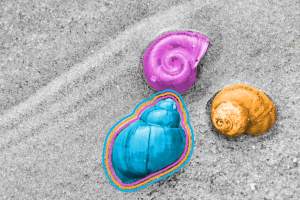
Numbers Don't Lie

Killer whales’ Latin name is ______.

Ready to reveal?
Confirm your email to play the next question?

Killer whales’ Latin name is Orcinus orca.

No one knows why orcas keep attacking yachts.
If you’ve read about killer whales in the last few years, it’s probably because they keep sinking yachts. There have been incidents in Cape Finisterre as well as the Strait of Gibraltar, with at least 500 orcas encountering boats since 2020. (Most of these go no further than the whales merely approaching the vessels, perhaps out of curiosity, but a number of them have resulted in sunken boats.)
Scientists remain unsure about the whales’ motivations. Some think they’re merely having fun or even participating in a fad, which is apparently something killer whales do — for instance, one pod spent the summer of 1987 wearing dead salmon on their heads. Others believe it’s because they’ve had negative experiences with boats in the past, including losing members of their species to the vessels. Whatever the case, the creatures don’t seem to have personal beef with the humans onboard; there have been zero recorded cases of an orca killing a human in the wild.

















